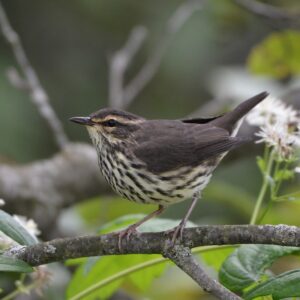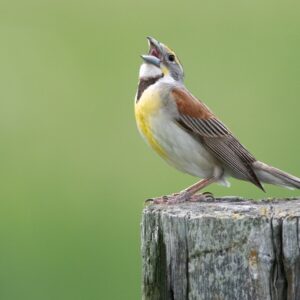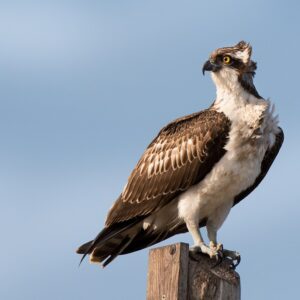Cairn Energy Oil Spill Response Plans Now Public
Responding to pressure from environmental groups around the world, Greenland has finally released Cairn Energy’s oil spill response plans for public review.
Last month, Nature Canada joined 53 other international organizations – including Greenpeace, the David Suzuki Foundation, and Council of Canadians – in sending a letter to Greenland’s Prime Minister, Kuupik Kleist, expressing serious concern over the lack of transparency regarding Cairn’s operations in this unique and fragile region.
Bizarrely, the Greenland government argued it had been necessary to keep Cairn’s contingency plans confidential until now because of the “unlawful actions aimed at the safety measures at oil exploration”. Greenpeace has launched a number of protests at Arctic drilling operations over the past year.
Cairn’s drilling operations — which so far haven’t yielded commercial amounts of oil and gas — are a real gamble for the pristine wilderness of the Arctic. Walrus, seal, bowhead whale and polar bear habitats could be disrupted and entire remote communities wiped out if a toxic spill eliminates their means of subsistence living.
A spill in this region could be devastating to arctic seabird colonies feeding on the ice floes at Important Bird Areas along Nunavut’s northern coast, Baffin Island or as far south as Labrador. Ivory Gulls, Northern Fulmars, Black-legged Kittiwakes, Thick-billed Murres and many other seabird or water bird species would be at risk.
Cairn’s oil spill response plans are being made public even as Shell has admitted that more than 200 tonnes of oil have entered the North Sea after a leak in a flow line leading to the Gannet Alpha oil platform 180 km off Aberdeen, Scotland.
In a wearily familiar refrain, the company had at first vastly underreported the scale of the leak, and as for plans to stop the flow? Apparently, the leak is in an “awkward” place, and there are hundreds of tonnes of additional oil in the pipeline, yet to pollute a world-famous colony of bottlenose dolphins in nearby waters.
Canada should heed these events and think long and hard before allowing any new offshore drilling, especially in the Arctic, and enact a plan to end our reliance on dirty, polluting fossil fuels in favour of responsible development of clean, renewable energy.
With each new spill, and each inadequate clean-up response, it becomes clearer that even with preventive measures in place, accidents are certain to occur, so it is important to identify places of great ecological significance and permanently protect them. Establishing a comprehensive system of marine and coastal protected areas is essential before development begins, so that irreplaceable natural habitats aren’t lost forever to disastrous industrial accidents. Important Bird Areas and existing Migratory Bird Sanctuaries are good starting points to better protect habitats for birds that, in many cases, Canada shares with the rest of the hemisphere.



